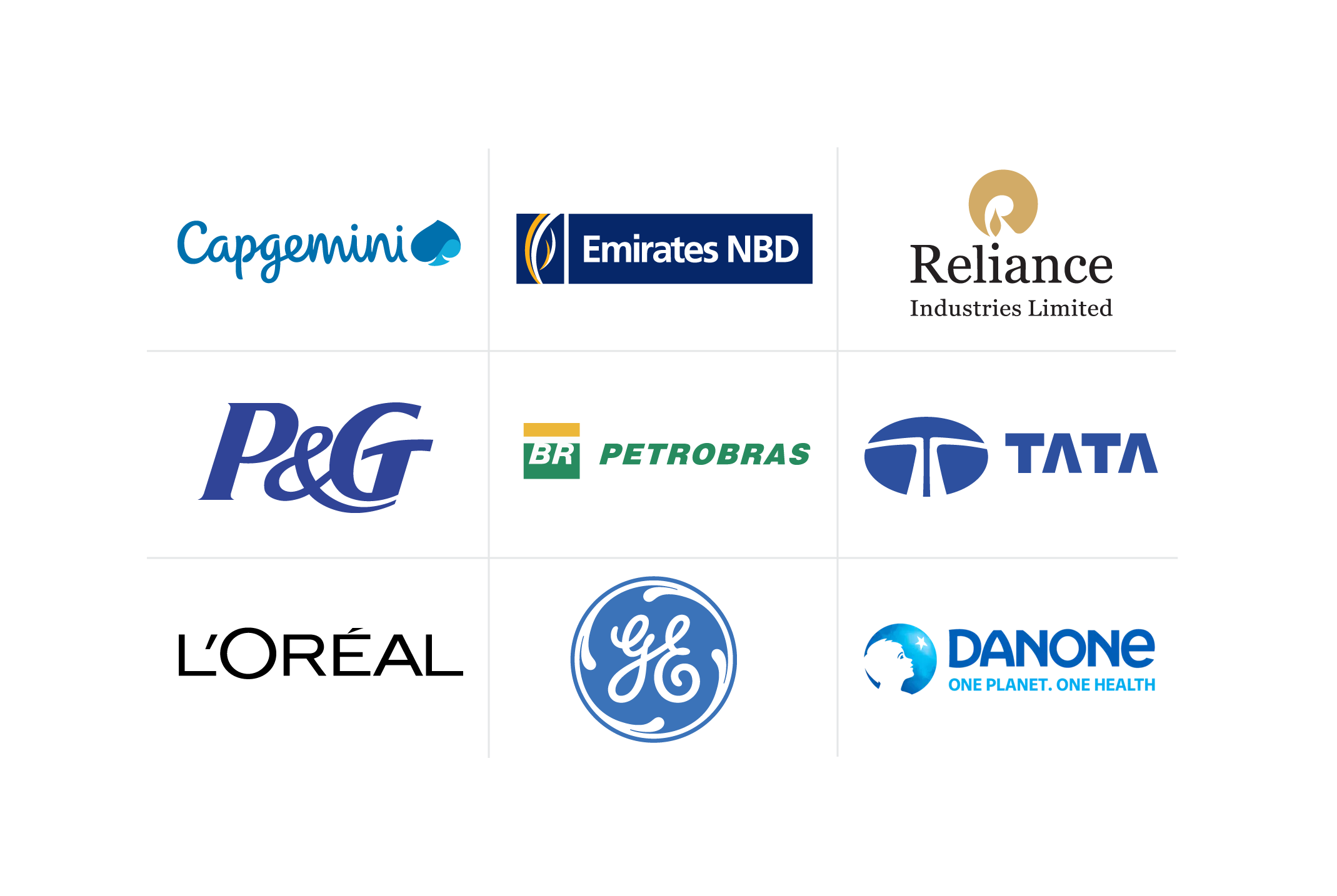Internal Candidate Interview Questions: An Employer’s Guide
Learn how to approach internal candidate interview questions with nine questions and tips to help prepare your hiring team.
![[Featured image] An employee and a supervisor discuss a job analysis review](https://d3njjcbhbojbot.cloudfront.net/api/utilities/v1/imageproxy/https://images.ctfassets.net/2pudprfttvy6/53tH5HqlnNk0rgYrfZBDwc/0d9789f7be2a0ecb709987424695b700/GettyImages-1163568487__1_.jpg?w=1500&h=680&q=60&fit=fill&f=faces&fm=jpg&fl=progressive&auto=format%2Ccompress&dpr=1&w=1000)
A common question managers face is whether to hire an internal or external candidate for a new or open position. Selecting a current employee can save you money, according to Forbes, because you’ll find “little to no recruitment expenses, such as the cost of posting job ads, and you’re enhancing your workforce without increasing headcount” [1]. Therefore, hiring an internal candidate for a position within the same company might seem logical.
However, interviewing internal candidates is still important to ensure they have the right skills, requirements, and reasons for wanting the new role. This makes the internal candidate interview questions you ask critical to determining whether a candidate is the best choice for a role.
In this article, you’ll learn why you might want to consider an internal candidate, the characteristics to look for in internal candidates, and nine example interview questions you may ask when hiring them.
Why consider an internal candidate?
Internal hiring often motivates current employees to work harder, making their performance and commitment to your institution stronger than an external candidate, even if their skill set is less developed than the role requires. Some other pros for hiring an internal candidate include the following:
Cost-effective hiring that saves money on hiring costs, benefits, job postings, and background checks.
More efficient hiring timeline since the hiring team is familiar with much of the internal candidate’s skills, references, and abilities.
The internal candidate already knows the company culture, allowing them to adjust more quickly to the role without extensive onboarding and become more productive.
It reduces risk since your company already knows the internal candidate’s performance history and accomplishments.
Hiring internally provides career growth for employees, which can increase their job satisfaction within the organization and strengthen their commitment to it.
In some cases, it may be less expensive to reskill or upskill an internal candidate than to hire an external candidate with superior qualifications for the position. Upskilling a current employee may also be simpler if your organization already has an active learning and development (L&D) program.
What to look for in an internal candidate
A key aspect of finding an internal candidate is knowing what your organization is looking for by creating a detailed job description that covers all requirements. Examine an internal candidate’s relationships with coworkers and evaluations from managers to ensure you gain knowledge of their work ethic and reputation among their peers. If the candidate has the respect of their colleagues, it will likely be easier for this person to transition into a leadership role. Furthermore, learn about how the candidate sees themself in a leadership position through their long-term thinking, goal setting, and strategy within the institution.
9 internal candidate interview questions
Prepare for an internal candidate interview as you would for an external candidate interview, but focus on how the candidate works in their current role, their motivations for pursuing the new position, and their long-term plans at the company. To help you make the most of your interview, consider asking these nine internal candidate interview questions to determine whether a candidate is right for a prospective role.
1. What motivates your desire for a new role in this company?
This question challenges the internal candidate to explain why they desire a new role in the company. Because this current employee is applying for a new position within your company, it’s probably safe to assume they like working for you. With this question, you can discover how they feel about their current position or if they are simply searching for a fresh challenge.
2. Tell me about your greatest success in your current role.
For this one, you and the hiring team are likely already aware of some projects the internal candidate might discuss, but you’ll be able to hear directly from the candidate about those endeavors and explain why they felt they were a success. You’ll see how they evaluate themselves, their place within their team, and their specific contributions to the project.
3. What are some challenges you feel you might face by transitioning to this new position?
In answering this question, the candidate will tell you whether they have strategies to approach the transition. For example, if it is a leadership role, you may seek answers about their plans for the department, how they’ll work with their new team, and some methods for achieving the goals that show their ability to manage the challenges from the start.
Overall, you want your candidates to demonstrate their understanding that the new position is different from their current one and that they realize they’ll need to absorb new duties, procedures, and expectations.
Read more: What Is Corporate Leadership Training?
- Foster alignment with the C-suite and functional leaders
- Tailor learning with various formats and differentiated content
- Remove barriers to learning programs
- Incentivize learning with badges, rewards, and recognition
4. How would your current team and managers describe you?
In an interview with an internal candidate, you’ll have information from their current team and managers, so it’s important to hear their honest perception of themself. This skill of self-awareness ensures that the candidate will work well with any team in the company. Coworkers’ opinions of the internal candidate could reveal whether they are a team player, a good fit for the role in terms of personality, and if they possess the necessary skills for the new position.
5. What skills from your current role transfer to the new one?
Evaluating internal candidates from their perspective reveals their strengths as well as their awareness of their own abilities. You want to see how the candidate applies those skills in the workplace; for example, if they describe developing leadership skills in their current role, ask how they would apply those with a new team. Hopefully, if the new position is a leadership role, you will hear them describe certain workplace skills necessary for the job, such as communication, problem-solving, and the ability to delegate tasks.
Read more: What Leadership Qualities Make Managers Better?
6. What skills would you need to develop for the new role?
Just as it’s important to see the internal candidate’s perspective regarding their transferrable skills, it’s also important to see how they view any skill gaps between their current and potential new role. Consider this question a more informed version of “What are your areas of improvement?” as you already know the candidate's skills compared to what you are looking for in the new position. It also shows their willingness to develop the skills the new role requires.
7. How would your team describe your leadership style?
Leadership skills are crucial in finding a successful internal candidate since they have already demonstrated a rapport with teams and coworkers within the organization. Even if they don’t have managerial experience, you can assess their leadership skills by asking what traits they think make a good leader. You can also ask about hypothetical leadership situations, like managing budgets, reducing team conflict, and allocating responsibilities.
Read more: Leadership Styles: What They Are and Why They Matter
8. How would not being selected for the new role affect your work in your current role?
During an internal candidate interview, you may ask this essential question to understand how they might respond to a different candidate receiving the role. Their response can show their long-term commitment to the company, their willingness to support the person you do hire, their ability to work on skill building if not selected, and whether they plan to stay or find a new role somewhere else.
9. What future do you see for yourself in this career?
Understanding your internal candidate’s long-term career goals can help you learn if they want to stay with the company for the foreseeable future. It also helps you predict and plan for their future needs by giving them space for career growth in your organization beyond this particular position. The answer can help you see whether it’s beneficial to establish a one-to-five-year plan for this employee in terms of higher-level management positions.
Points to consider with internal candidates
With internal candidates, it is especially important to follow up after interviews and update them on the process to show that the company cares about their well-being, even if you go with another candidate. Another consideration when dealing with internal candidates is allowing ample time for them to ask you questions during the interview, which can provide them with more information while possibly giving you a better understanding of why they want the position.
You may also want to ensure they know you are available if they have additional questions or concerns. Finally, even before the interview, you can study their performance reviews to help you determine if this candidate is a solid fit for the position, which can also assist you in shaping the questions for this unique interview.
Upskill your team with Coursera
Hiring from within often brings various benefits to your organization. With the most relevant and accurate questions, you can have confidence that your internal interviews will be effective in helping you find the right applicant within your employee pool for the position.
Do you have employees you want to upskill or reskill for internal positions? Promote leadership skills throughout your organization by developing employees who innovate and inspire through the Leadership Academy from Coursera. With Coursera for Business, you’ll build effective managers at every level with beginner and advanced-level leadership content, including 40+ SkillSets to drive soft skill proficiency across the entire organization.
Article sources
1. Forbes. “Why Internal Recruitment Can Be A Smart Strategy For 2023, https://www.forbes.com/sites/forbeshumanresourcescouncil/2023/02/22/why-internal-recruitment-can-be-a-smart-strategy-for-2023/?sh=3132706c12b6.” Accessed June 24, 2024.
This content has been made available for informational purposes only. Learners are advised to conduct additional research to ensure that courses and other credentials pursued meet their personal, professional, and financial goals.


